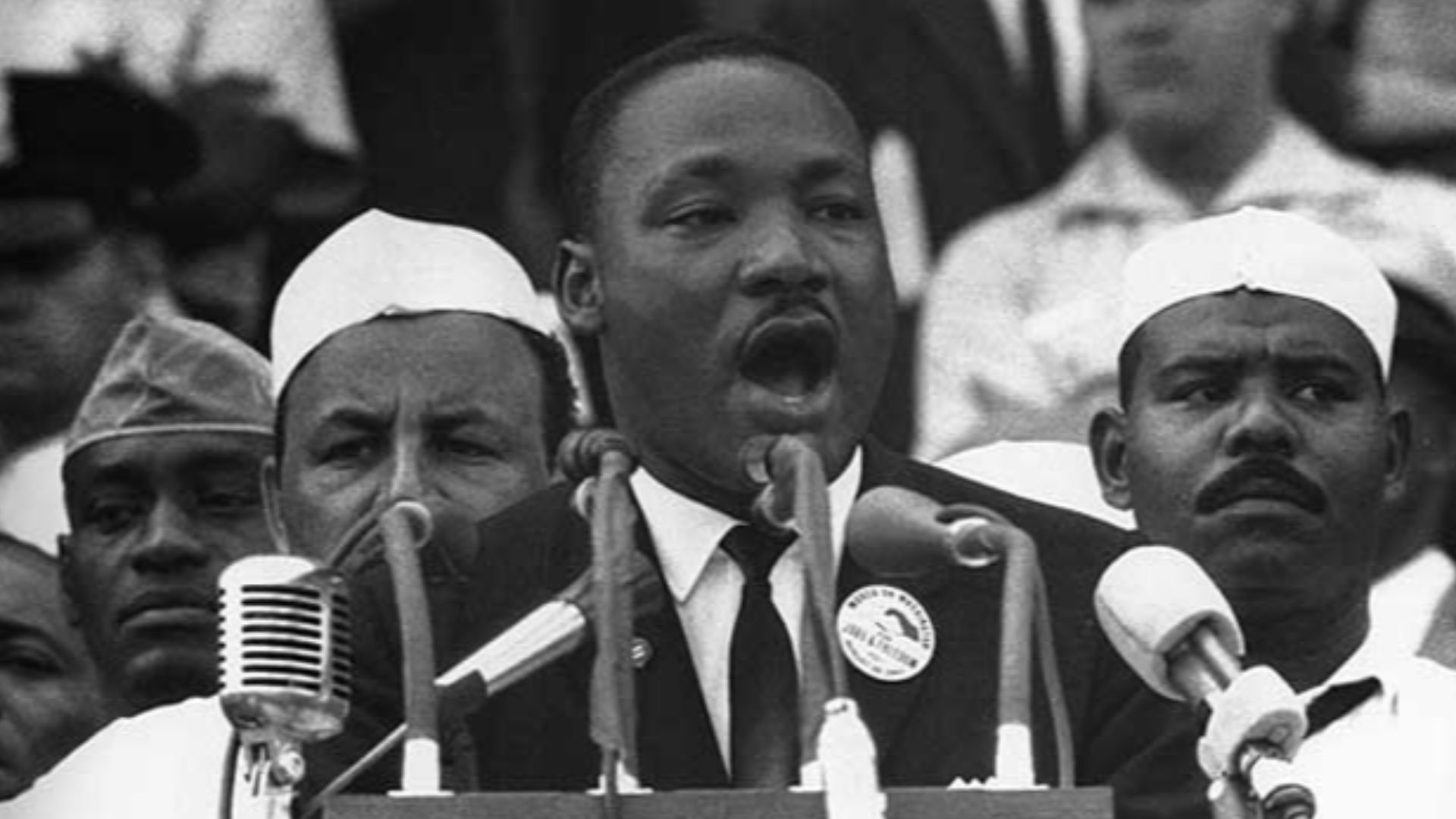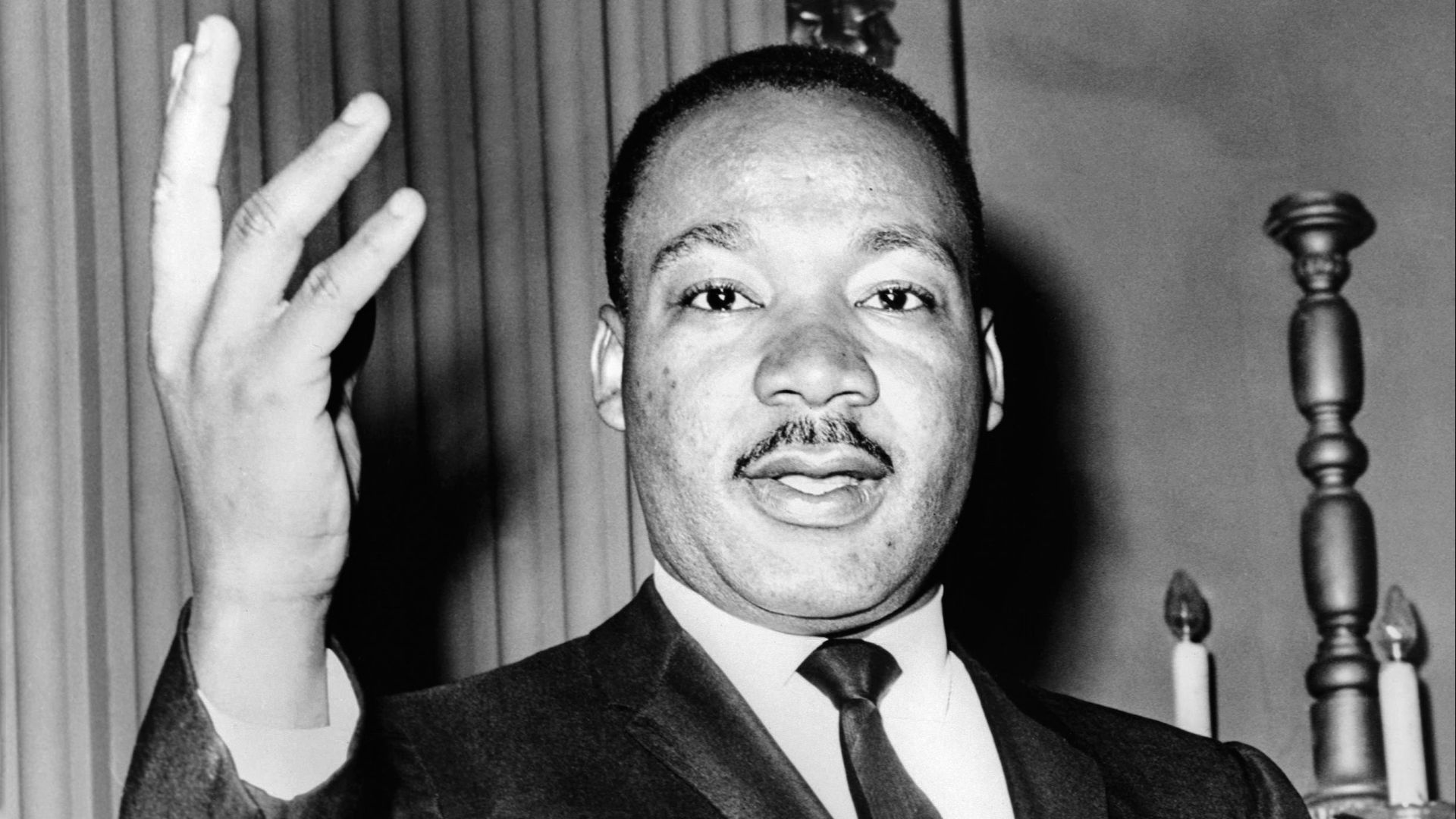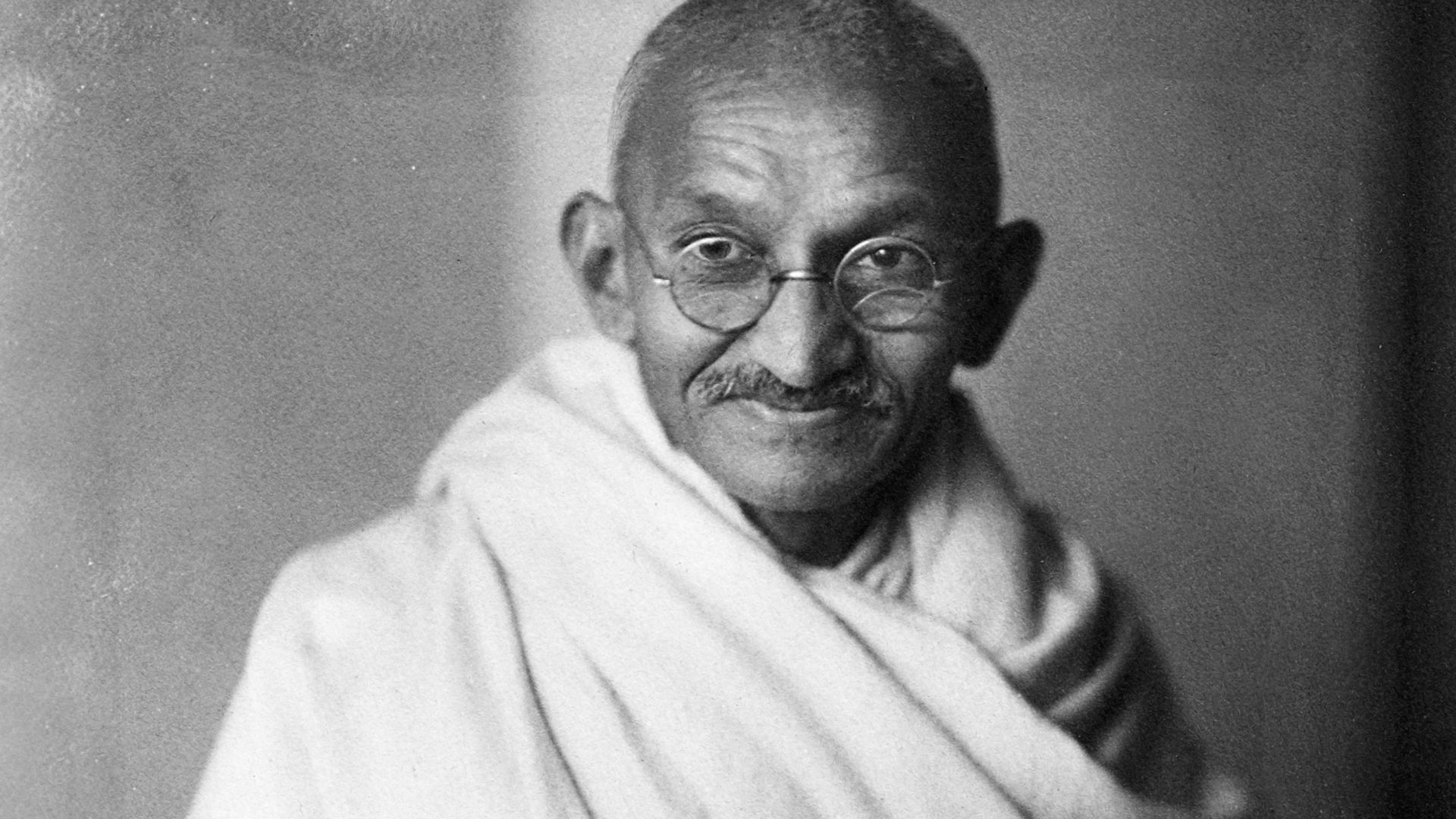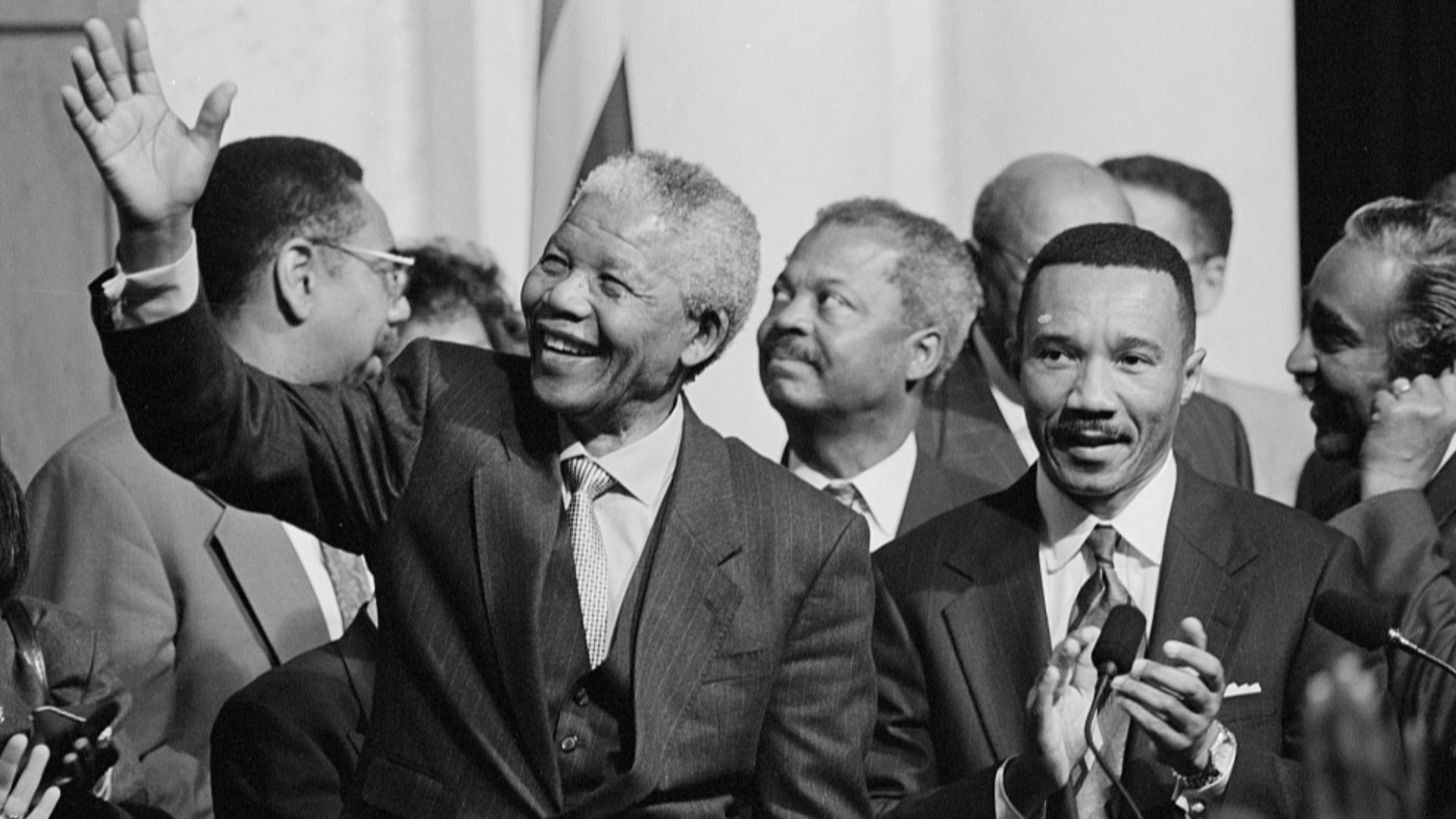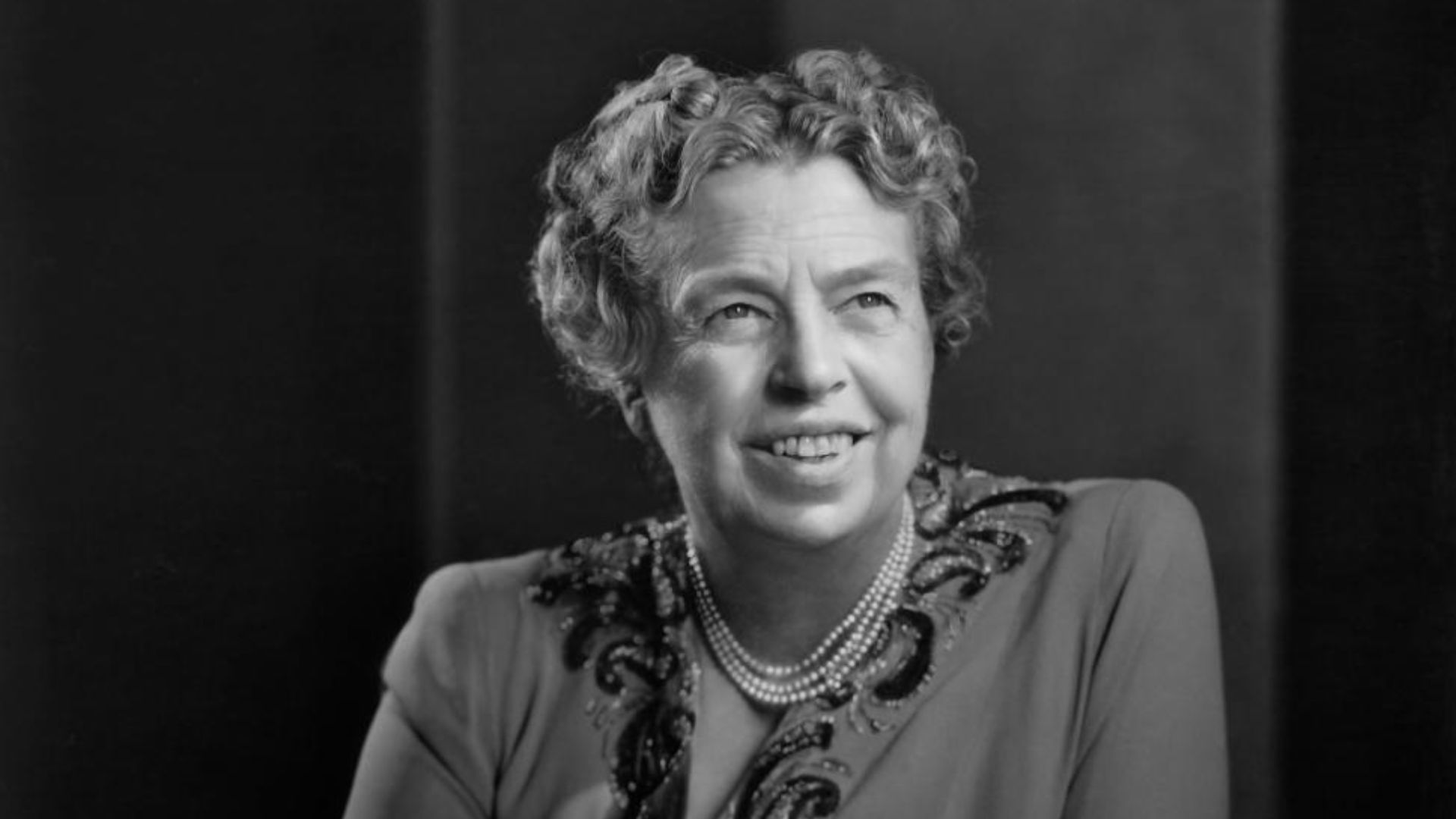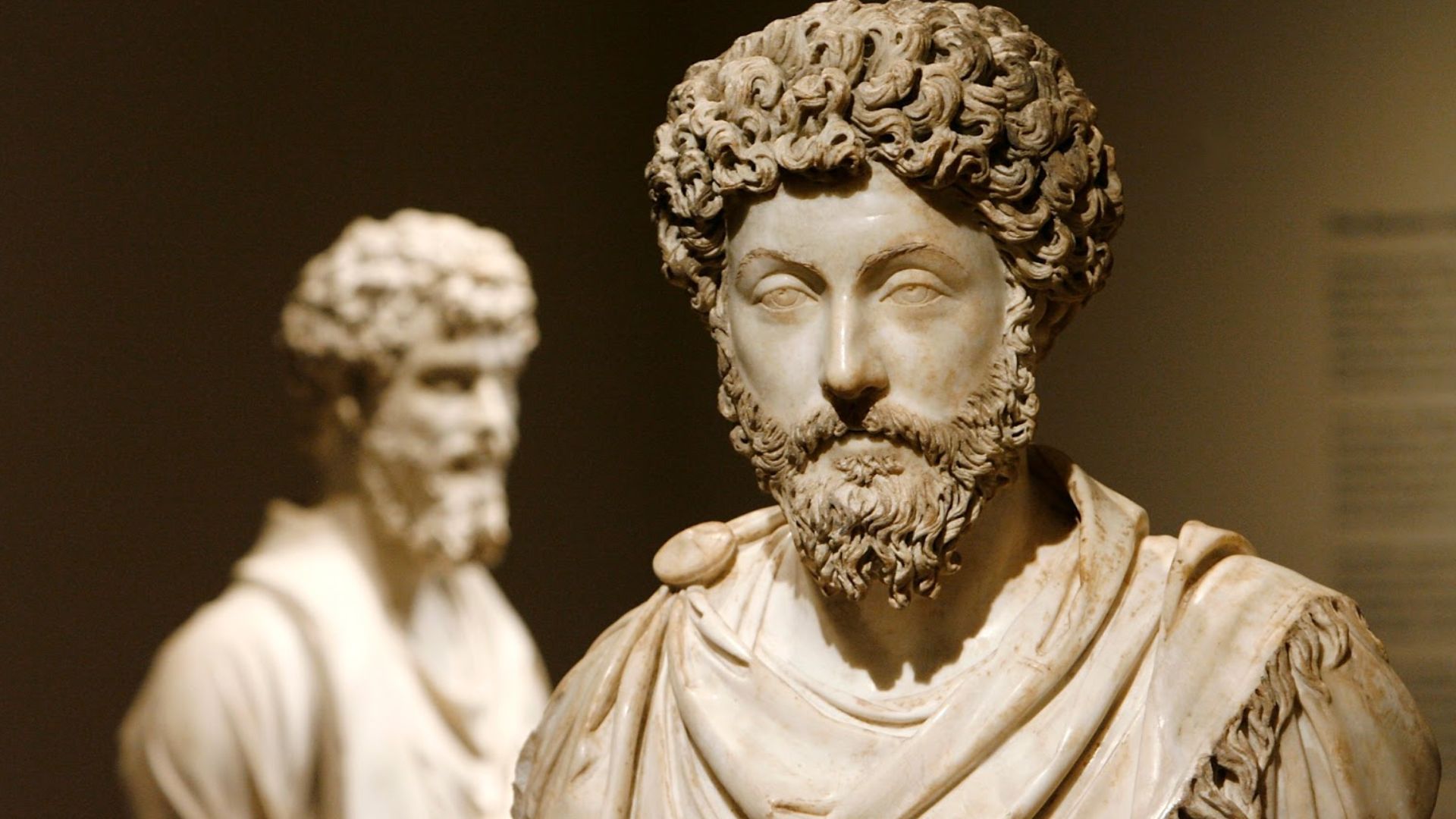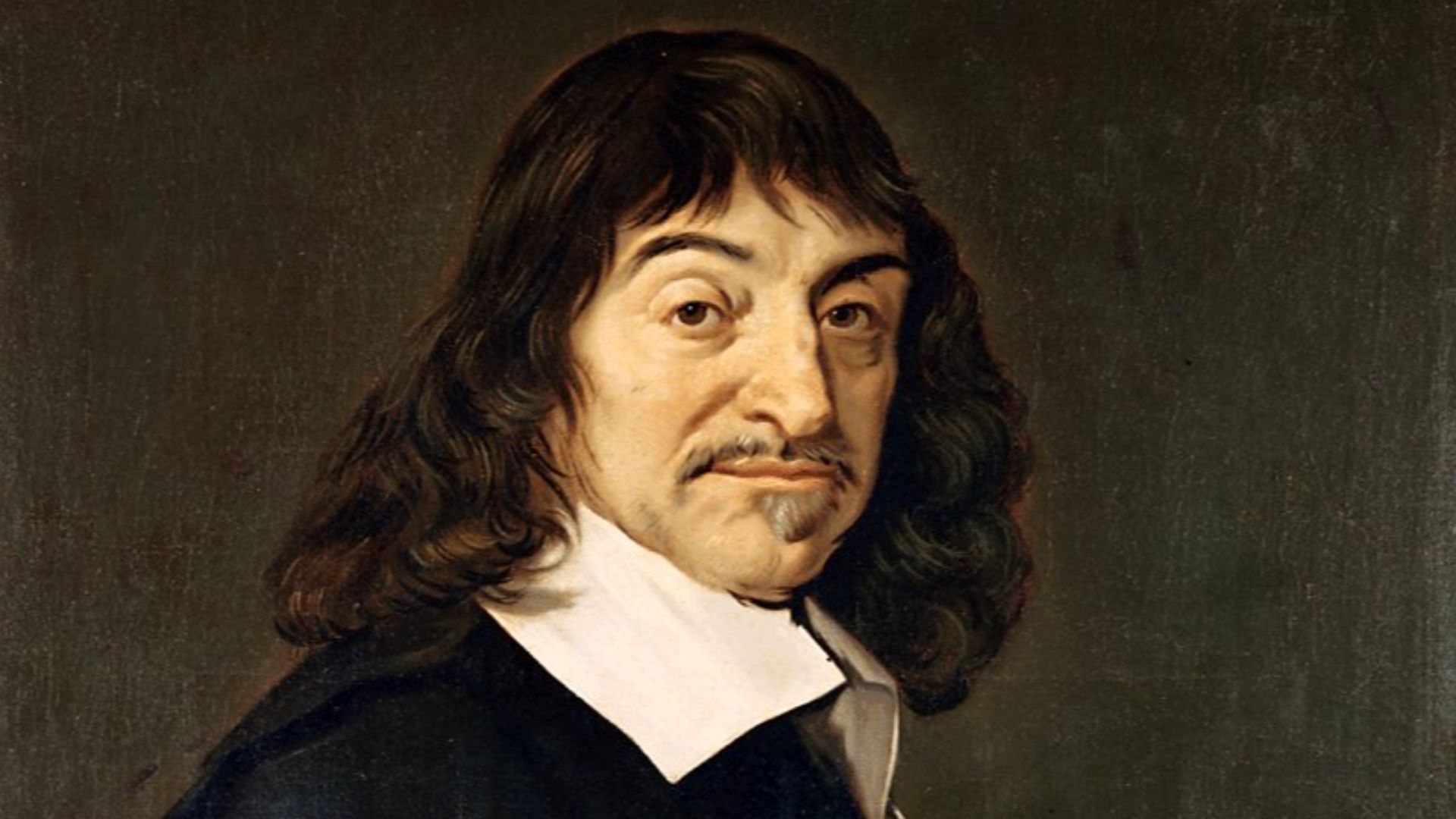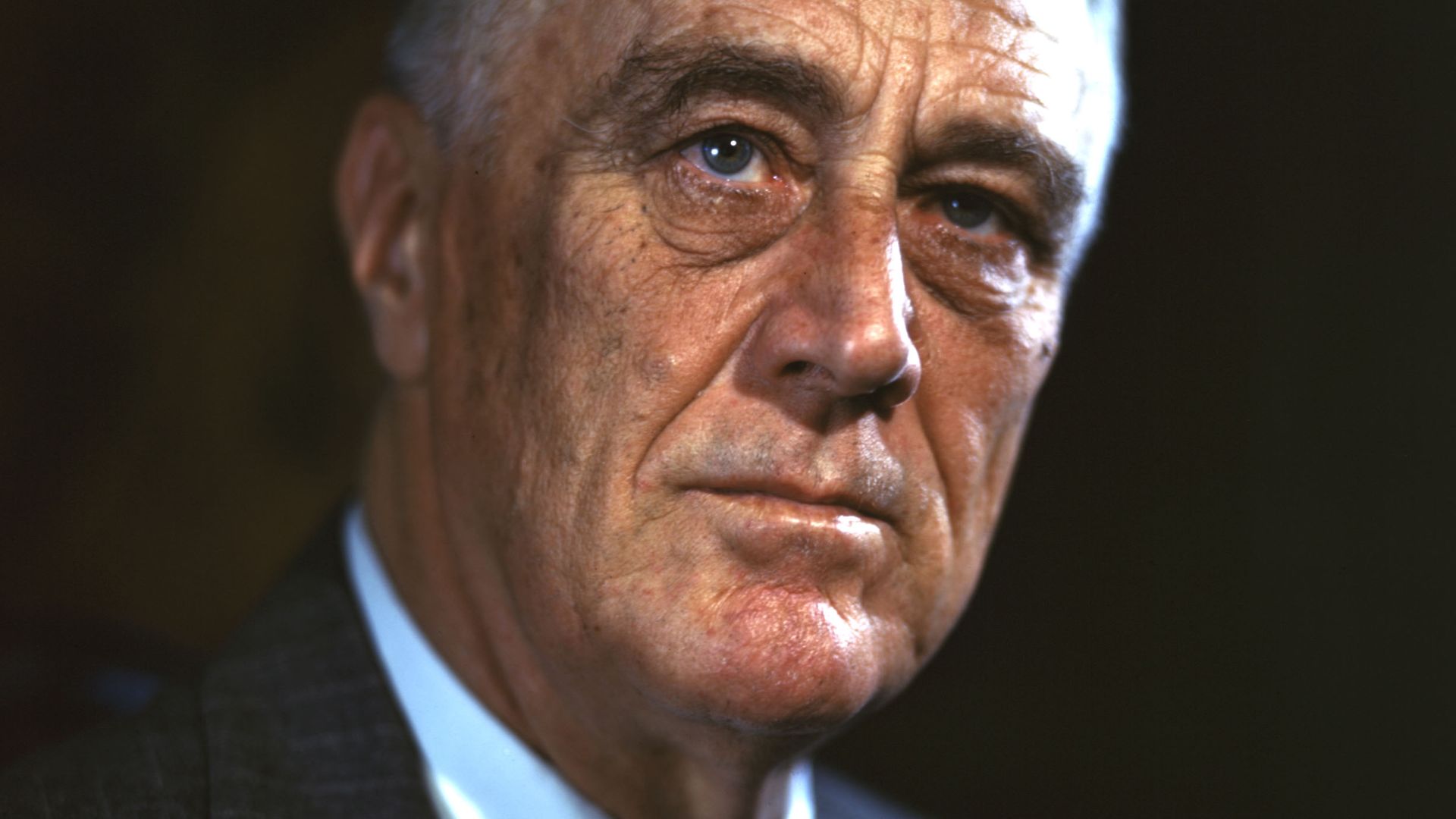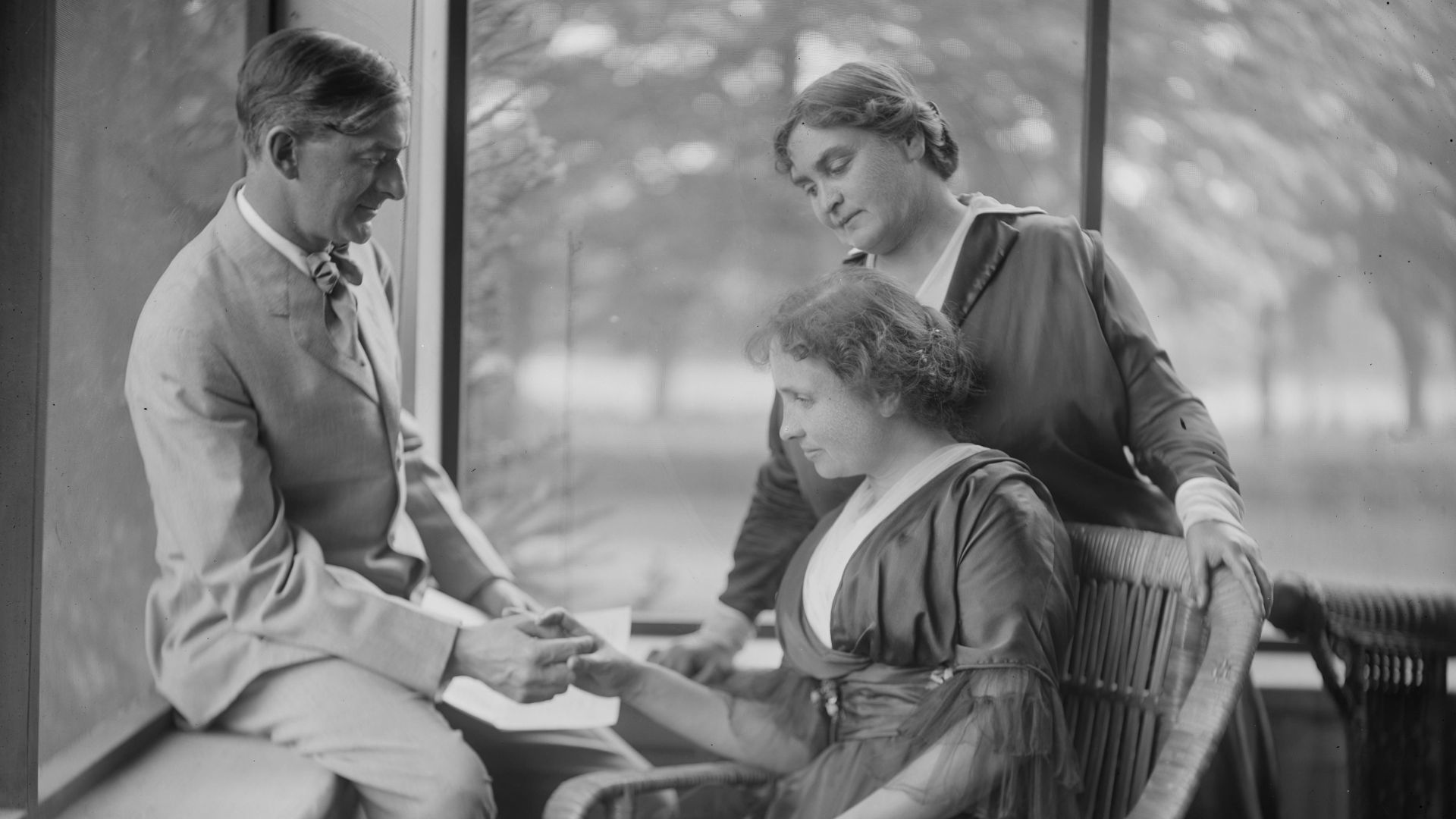Timeless Words, Fierce Echoes
Legends don’t whisper—they carve their words into history. A single sentence from the right mind can outlive dynasties and revolutions. Their words aren’t just old quotes but sparks of inspiration that still stir souls today. Behind every line is a story of vision or unshakable conviction. So, buckle up for a walk through unforgettable quotes that hold the power to make you think better. We’ll explore who said them—and why they still matter.
1. Malcolm X On Education As Power
In 1964, Malcolm X told a New York crowd, “Education is the passport to the future.” He believed knowledge was the key to liberation, not conformity. His message sparked a push for self-education in the Black community.
 Unknown authorUnknown author on Wikimedia
Unknown authorUnknown author on Wikimedia
2. Martin Luther King On Justice Everywhere
“Injustice anywhere is a threat to justice everywhere.” That single line from King’s 1963 Letter from Birmingham Jail sliced through silence like a siren. It called out complicity and summoned solidarity. His words remain a rallying cry for social justice movements across the globe.
3. Mahatma Gandhi On Finding Yourself
Gandhi’s devotion to truth and compassion inspired peaceful resistance across continents. This is exemplified in his famous quote, “The best way to find yourself is to lose yourself in the service of others.” These words capture the central idea of his philosophy, which is selflessness.
4. Abraham Lincoln And Freedom’s Hypocrisy
“Those who deny freedom to others deserve it not for themselves.” Written in 1859, this line from Lincoln was a bold prelude to emancipation. It cuts to the heart of American contradictions and lays the moral groundwork for the abolition of slavery.
 Alexander Gardner on Wikimedia
Alexander Gardner on Wikimedia
5. Confucius On Leading By Example
“To see what is right and not do it is want of courage.” This piercing observation from Confucius cuts straight to the core of ethical behavior. It challenges individuals to act, not just know, because morality without action is empty. Centuries later, the quote remains as relevant as ever.
6. Socrates On The Unexamined Life
At his trial, Socrates declared, “The unexamined life is not worth living.” He meant that without questioning our beliefs and actions, life lacks true value—introspection is essential to wisdom and meaningful existence. For him, living without philosophical inquiry was worse than death.
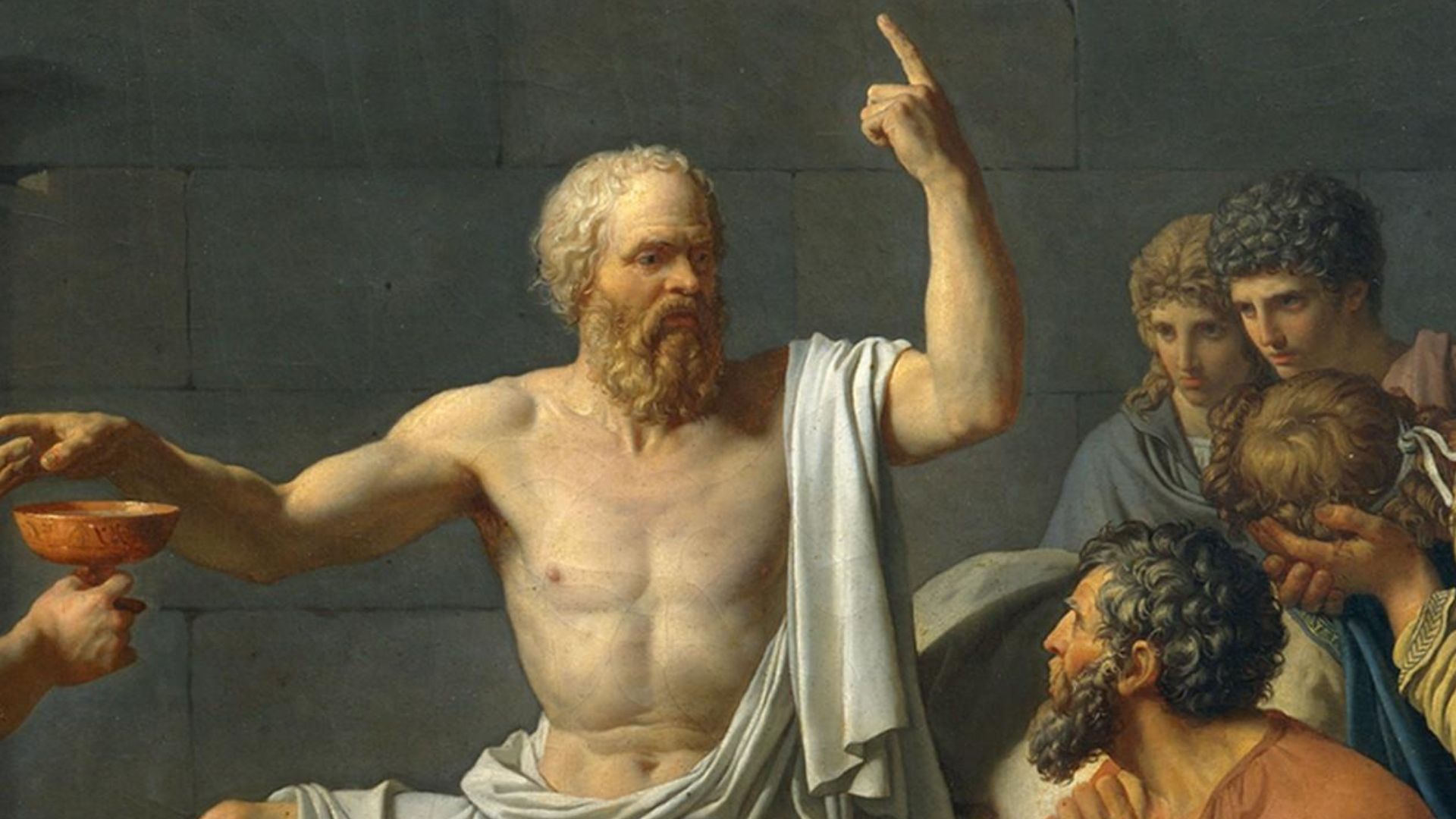 Jacques-Louis David on Wikimedia
Jacques-Louis David on Wikimedia
7. Nelson Mandela’s Message Of Forgiveness And Unity
Nelson Mandela came back from 27 years in prison, determined and with no hatred. He said, “Resentment is like drinking poison and then hoping it will kill your enemies.” He pointed out that clinging to anger destroys the bearer, not the target.
8. Eleanor Roosevelt On Owning Your Worth
Roosevelt said, “No one can make you feel inferior without your consent.” The remark, drawn from her 1940s writings, distilled a lifetime of advocacy into one razor-sharp truth. She urged individuals to reclaim their agency and self-worth.
9. Albert Einstein’s Take On Imagination And Knowledge
In a 1929 Saturday Evening Post interview, Einstein emphasized creativity over credentials. “Imagination is more important than knowledge,” he said, crediting intuition for breakthroughs like relativity. His unconventional thinking inspired generations.
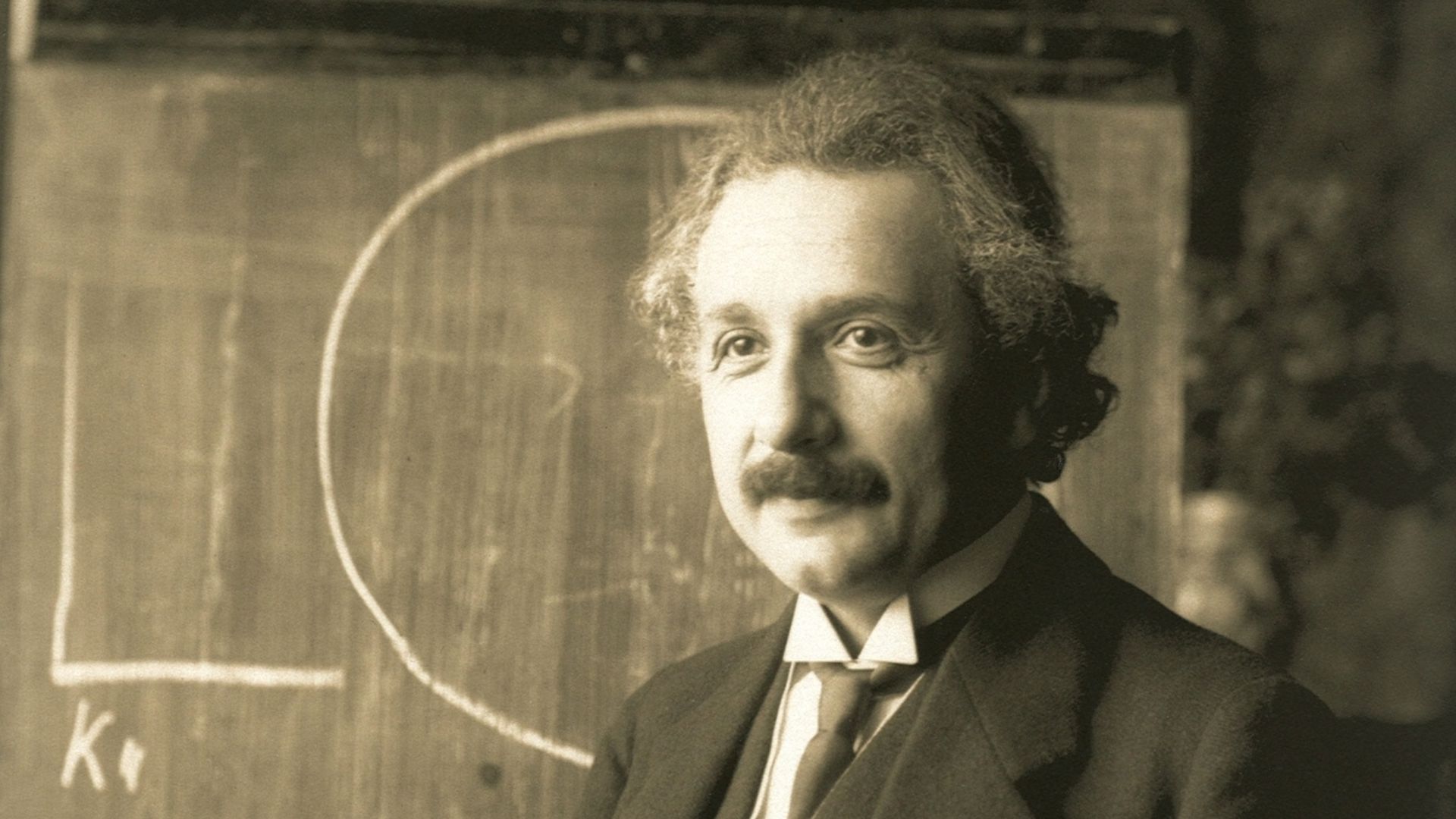 Ferdinand Schmutzer / Adam Cuerden on Wikimedia
Ferdinand Schmutzer / Adam Cuerden on Wikimedia
10. Marcus Aurelius On Inner Strength
Roman Emperor Marcus Aurelius didn’t preach—he reflected. “You have power over your mind” appears in Meditations, his Stoic journal written during military campaigns. His rule from 161 to 180 CE blended leadership and philosophy.
11. Frederick Douglass On Power And Resistance
Frederick Douglass didn’t mince words when confronting injustice: “Power concedes nothing without a demand. It never did and it never will.” Douglass, a formerly enslaved man turned orator, understood that lasting change could only come through organized pressure.
 George Kendall Warren on Wikimedia
George Kendall Warren on Wikimedia
12. Leonardo Da Vinci On Simplicity And Genius
“Simplicity is the ultimate sophistication” was da Vinci’s aesthetic. Though best known for painting the Mona Lisa, his sketches and ideas reveal a genius who saw elegance in simplicity and authenticity. His notebooks, spanning anatomy to flight, contain over 13,000 pages.
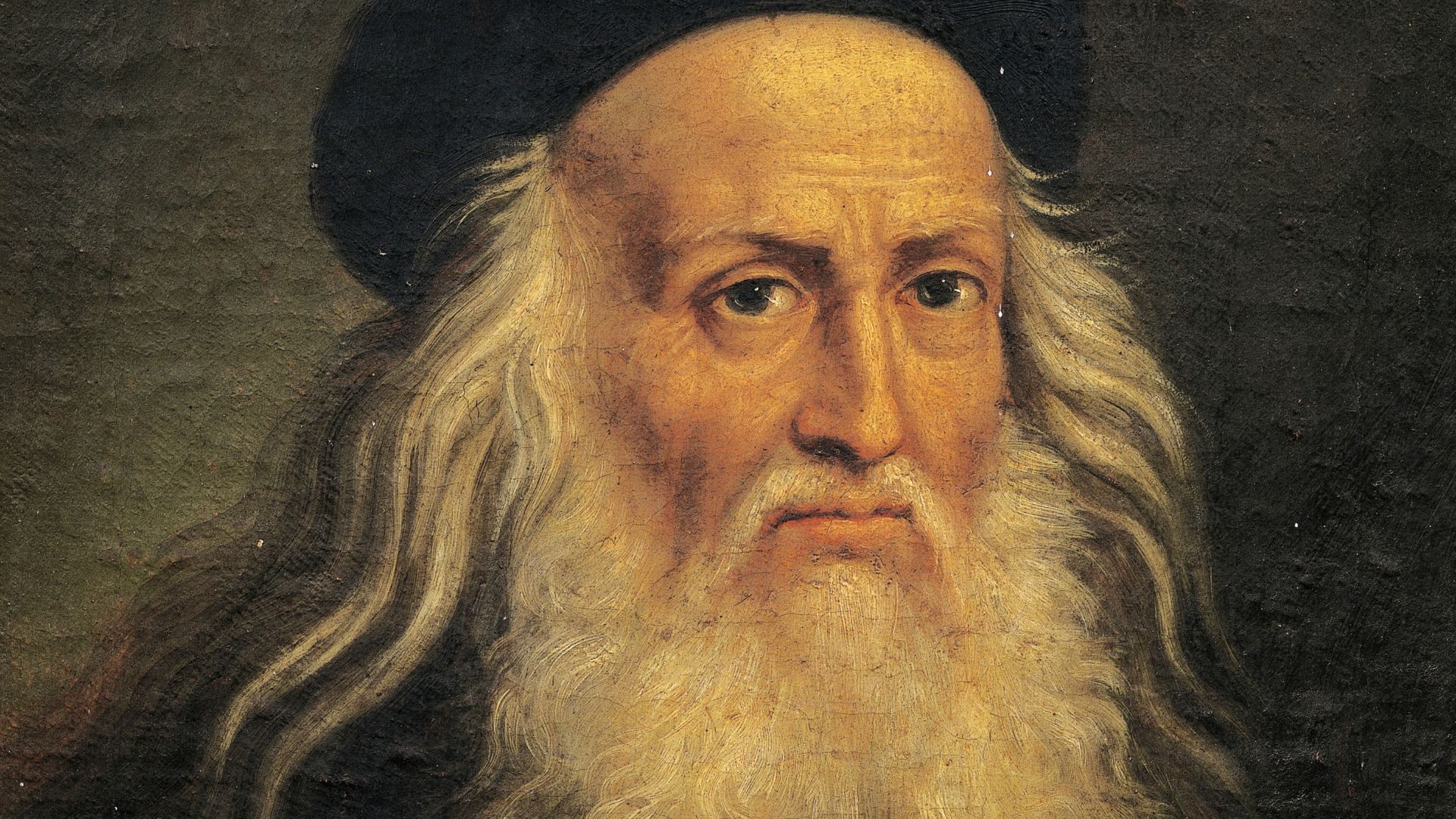 Lattanzio Querena on Wikimedia
Lattanzio Querena on Wikimedia
13. Jane Austen’s Wit On Social Norms
Austen didn’t merely observe society. She dissected it with devotion. When she wrote, “I have no notion of loving people by halves, it is not my nature,” she rejected half-hearted affection. Like Austen, her heroines also lived boldly in a world that preferred restraint.
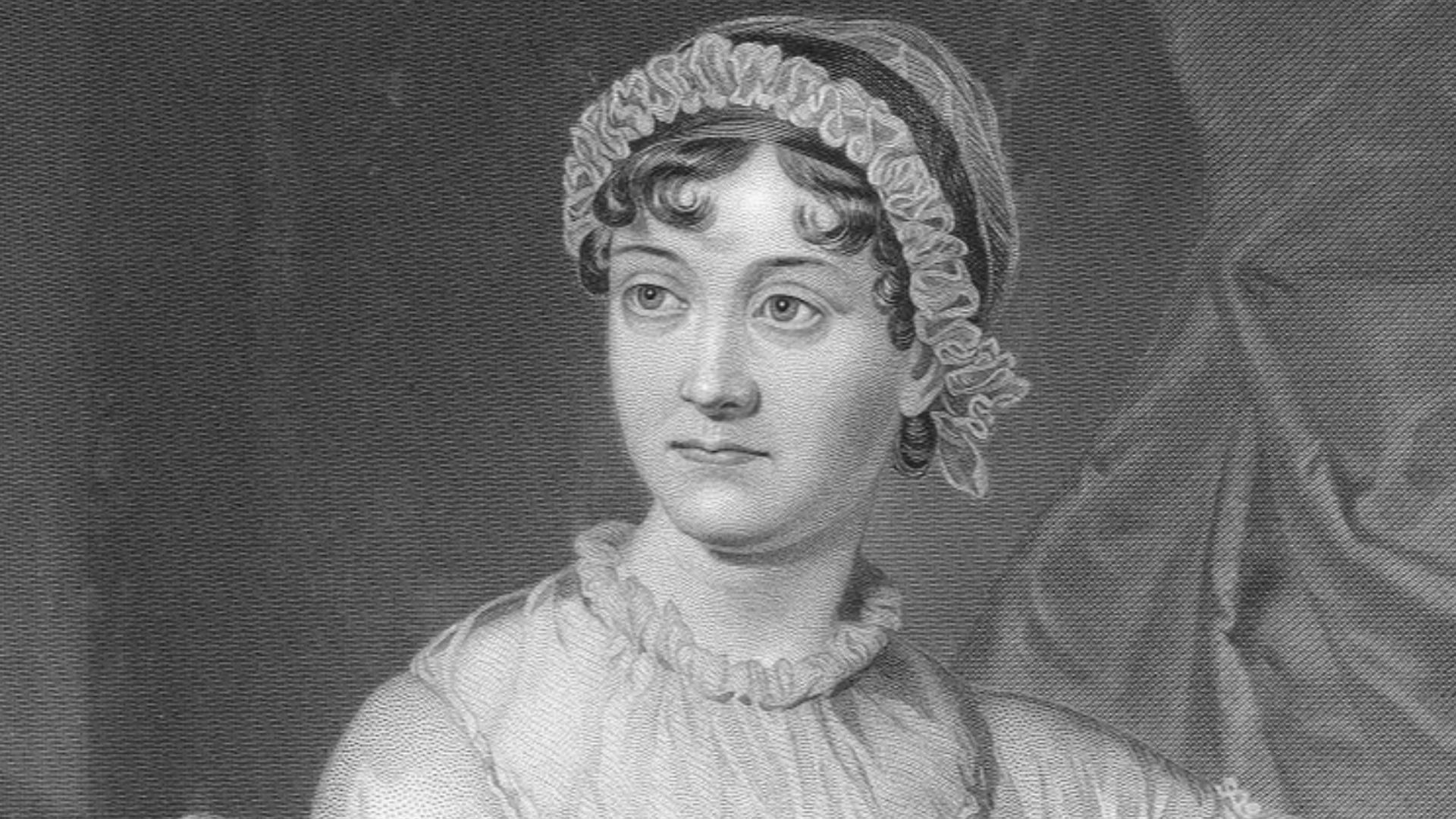 Based on one drawn by her sister Cassandra on Wikimedia
Based on one drawn by her sister Cassandra on Wikimedia
14. Alexander Hamilton’s Stand For Principles
“Those who stand for nothing fall for anything” wasn’t just a remark—it was Hamilton’s entire philosophy distilled. In a volatile young republic, he argued that principles mattered more than popularity. His words still call on people to plant their feet, even when the ground shakes.
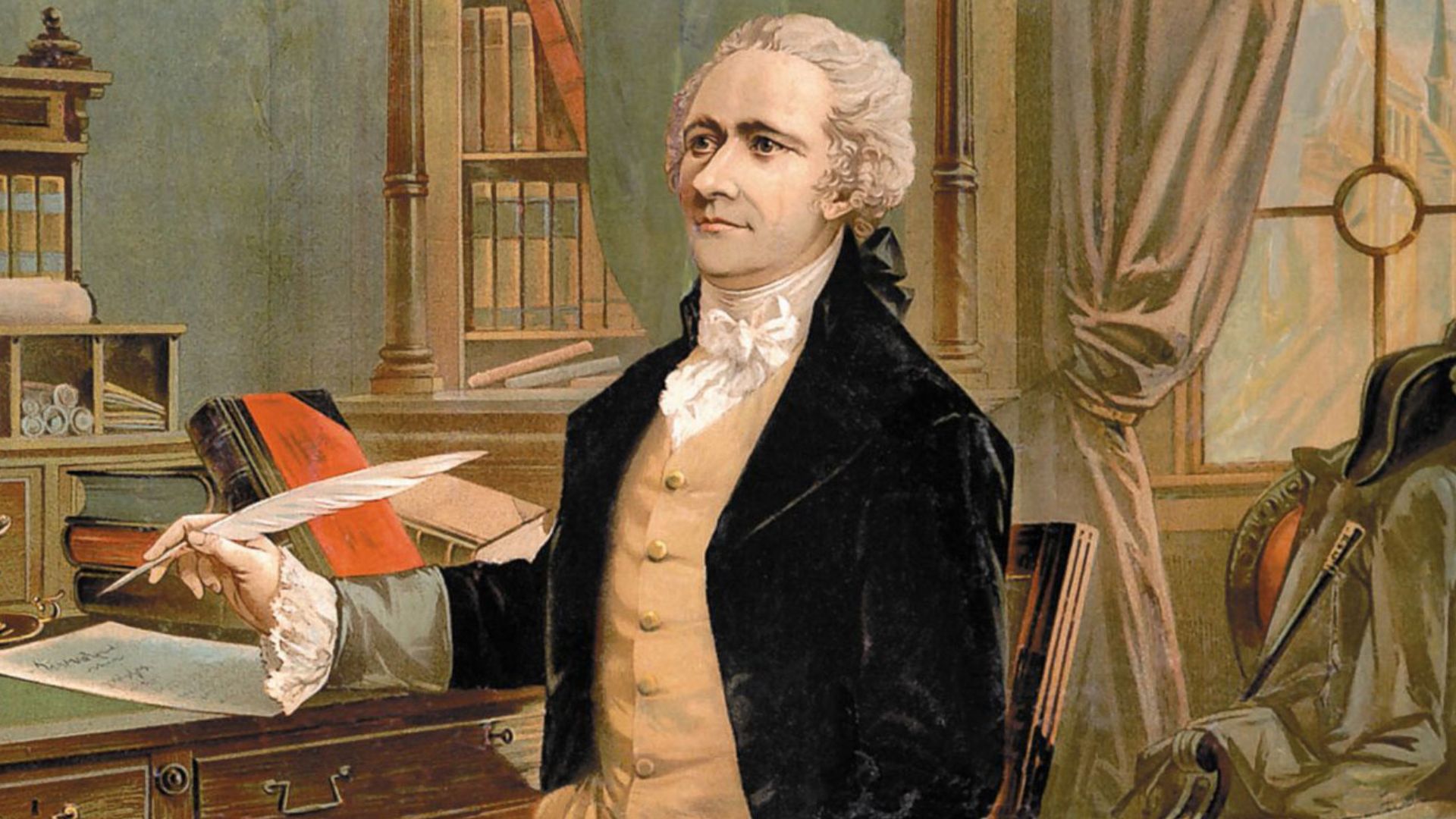 Hamilton Buggy Company on Wikimedia
Hamilton Buggy Company on Wikimedia
15. René Descartes On Existence and Thought
He’s the father of modern philosophy, who said, “I think, therefore I am,” in Discourse on the Method. He concluded that the one undeniable truth is the act of thinking itself. In that moment, existence becomes irrefutable and anchors human consciousness.
16. Florence Nightingale On Purpose And Passion
Her legacy was forged in the chaos of war and the discipline of data. Nightingale’s tireless reforms in sanitation and hospital care saved countless lives. Reflecting on her relentless drive, she said, “I attribute my success to this—I never gave or took any excuse.”
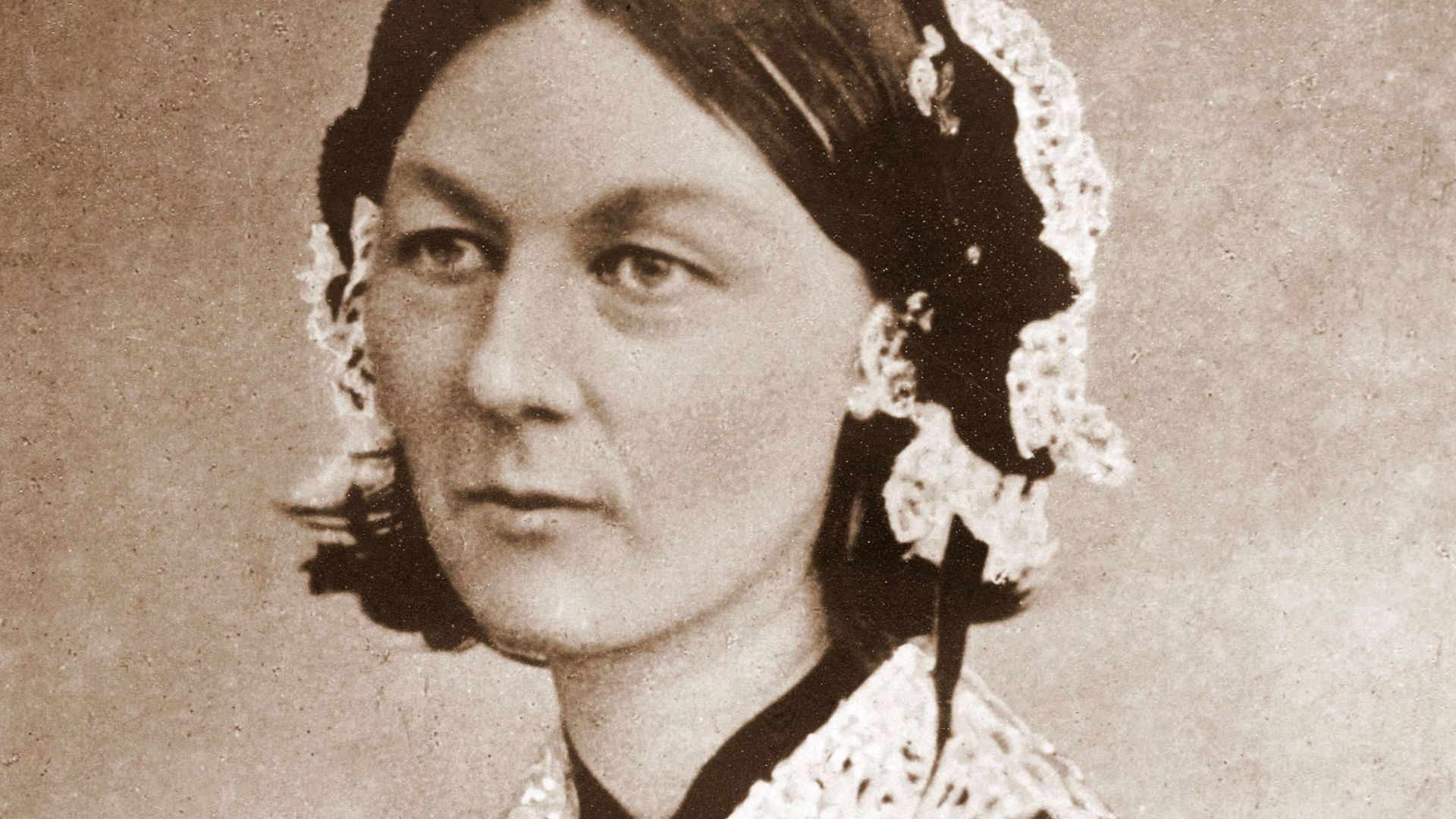 H. Lenthall, London on Wikimedia
H. Lenthall, London on Wikimedia
17. Franklin D. Roosevelt On Fear
In his March 1933 inaugural address, he faced the Great Depression head‑on: “The only thing we have to fear is fear itself.” Roosevelt emphasized that internal fear, not external hardship, was the primary barrier to recovery.
18. Sun Tzu On Strategic Thinking
“All warfare is based on deception,” wrote Sun Tzu in The Art of War. Composed around the 5th century BCE, the text continues to inform modern military strategy and business leadership. His teachings stress precision and knowing your opponent as pathways to victory.
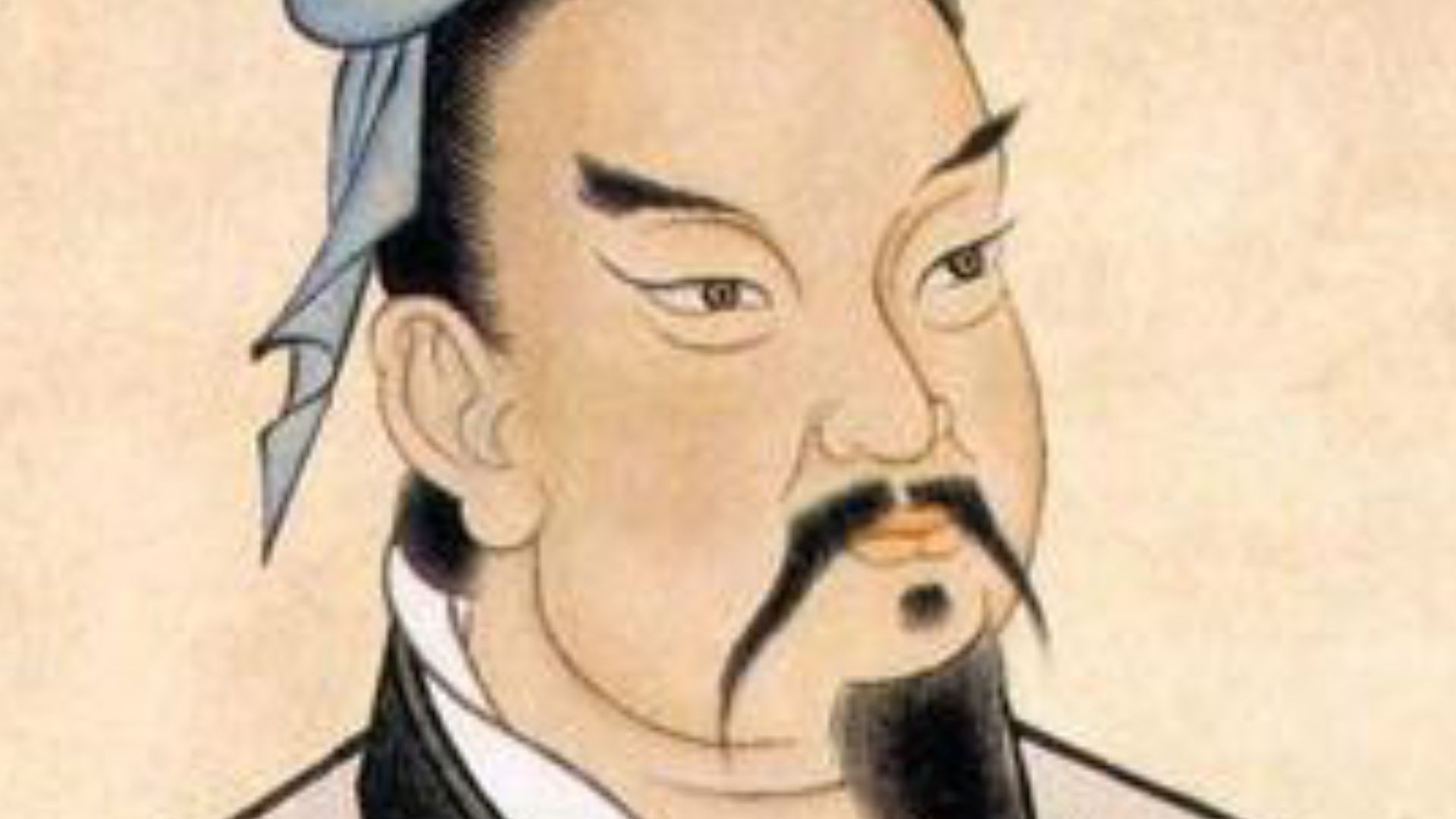 Unknown authorUnknown author on Wikimedia
Unknown authorUnknown author on Wikimedia
19. Cicero’s Wisdom On Gratitude
As Rome’s leading orator, Cicero’s influence stretched into Renaissance humanism and shaped political rhetoric. In Pro Plancio, he said, “Gratitude is not only the greatest, but is also the parent of all the other virtues.” He meant that gratitude forms the foundation for all moral excellence.
 Liam Clarkson-Holborn on Wikimedia
Liam Clarkson-Holborn on Wikimedia
20. Helen Keller On Optimism And Vision
“Optimism is the faith that leads to achievement,” Keller wrote in her 1903 essay. Deafblind since infancy, she earned a college degree and became a fierce global advocate for disability rights. Her life proved that intellect and hope could defy society’s limitations.
KEEP ON READING

20 Weirdest Historical Objects in Museums
Check Out the Pickled Heart of a Saint. Museums carry…
By Rob Shapiro Oct 1, 2025
20 Ocean Mysteries We Still Haven’t Solved
Unanswered Questions Of The Ocean. The ocean covers most of…
By David Davidovic Sep 1, 2025
10 Phenomenal Mythical Creatures & 10 That Are Just Plain…
Legends Both Majestic And Peculiar. Do you ever wonder why…
By Chase Wexler Oct 1, 2025
20 Historical Predictions That Turned Out To Be True
Crystal Ball Moments In History. Do you wonder what it's…
By Chase Wexler Sep 1, 2025
10 Presidents Who Never Served In The Military & 10…
Commanders And Civilians In Office. Power can rise from very…
By David Davidovic Sep 1, 2025
20 Wars That Could Have Ended Much Sooner Than They…
Wars That Lasted Far Too Long. Wars are often remembered…
By David Davidovic Sep 1, 2025

